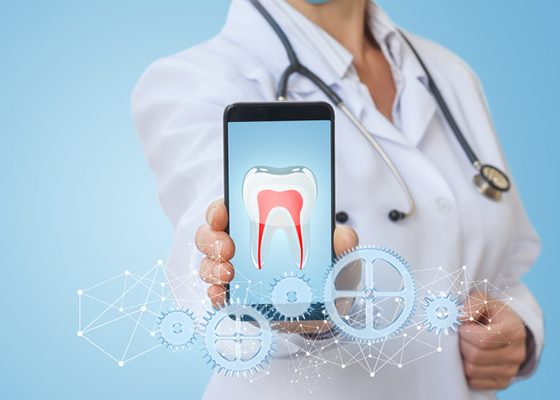Resistance training, also known as strength training or weight lifting, offers numerous benefits for bone health. Strong and healthy bones are essential for overall well-being and longevity, and incorporating resistance training into your fitness routine can significantly contribute to this. Here are some of the key benefits of resistance training for bone health:
1. Understanding Bone Health and Its Importance:
Our bones are living tissues that undergo a continuous process of remodeling, with old bone being broken down and replaced by new bone. This dynamic process is essential for maintaining bone health and strength. The peak bone mass typically occurs in our late 20s, after which bone density gradually declines. This natural age-related bone loss is more pronounced in women after menopause, but men are also affected.
2. How Resistance Training Works for Bone Health:
Resistance training, with its emphasis on lifting weights or using resistance bands, induces a mechanical load on the bones. This load creates micro-damage to bone tissue, initiating a healing process that leads to increased bone density and strength. This is often referred to as “bone remodeling.”
3. The Role of Osteoblasts and Osteoclasts:
Within bone tissue, osteoblasts are responsible for building new bone, while osteoclasts break down old bone. Resistance training stimulates the activity of osteoblasts, promoting bone formation. The increased mechanical stress on the bones signals the body to produce more osteoblasts, which strengthens bones over time.
4. Appropriate Weight-Bearing Exercises:
Resistance training exercises that involve lifting or moving weights are excellent for bone health. These can include weightlifting, bodyweight exercises, resistance bands, and even activities like climbing stairs or hiking. Weight-bearing exercises like squats, deadlifts, and push-ups are particularly effective.
5. Progressive Overload:
One of the essential principles of resistance training is the concept of “progressive overload.” This means gradually increasing the weight or resistance you use over time. As your strength improves, you should challenge your bones with heavier weights to continue the bone-building process.
6. The Impact on Specific Bone Sites:
Different resistance exercises can target specific bone sites. For example, resistance exercises for the upper body can improve bone density in the arms, shoulders, and spine, while lower body exercises primarily affect the hip and leg bones. A well-rounded resistance training program that includes both upper and lower body exercises is ideal for overall bone health.
7. Combining Resistance Training with Other Lifestyle Factors:
While resistance training is a powerful tool for bone health, it’s most effective when combined with a well-balanced diet rich in calcium and vitamin D, as these nutrients are essential for bone formation. Additionally, avoiding excessive alcohol consumption and not smoking can further support bone health.
8. Safety and Injury Prevention:
It’s crucial to approach resistance training with proper form and technique to minimize the risk of injury. Beginners, in particular, should consider working with a fitness professional to learn the correct way to perform exercises safely.
9. Benefits for Different Age Groups:
Resistance training is beneficial for people of all ages. In young adults and adolescents, it can help maximize peak bone mass. For older adults, it can slow down the age-related bone loss and reduce the risk of fractures and osteoporosis. It is never too late to start resistance training to enhance bone health.
10. Consultation and Monitoring:
Before beginning a resistance training program, it’s advisable to consult with a healthcare provider or a certified fitness trainer, especially if you have pre-existing health conditions. Regular monitoring of your progress is also essential to ensure that your resistance training regimen remains safe and effective.
In conclusion, resistance training is a highly effective and versatile tool for improving bone health, enhancing bone density, and reducing the risk of bone-related conditions. When incorporated into a well-rounded approach to overall health, resistance training can help you maintain strong and resilient bones throughout your life.









